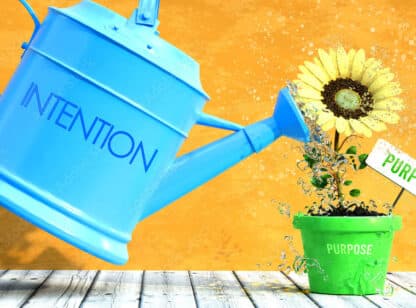Recently, I was at a social gathering with two other women. They were busy talking about their academic achievements, employment specialties, and other professional areas of interest. I noticed that both women seemed to exclude me from the conversation. There was no eye contact, no questions, nada, zip. I asked myself whether I was being too sensitive and/or personalizing, and admittedly, after a minute of feeling the sting of a social snub, I went into observation mode. This wasn’t my first rodeo surrounding this issue.
Later, I was discussing this occurrence with a friend who suggested that maybe I am perceived as “retired”- as if retired means dead and buried. And, only when someone hears me being called doctor do they show interest.
Could this be “ageism?” Just what we all need. Another schism with an “ism.”
According to the U. S. Bureau of Labor Statistics, adults 55 and over will make up 25 percent of the U. S. workforce within six years compared with just 11.9 percent of workers in 1990. A recent AARP survey found that 61 percent of workers over 45 said they have seen or experienced age discrimination in the workplace. Despite their growing numbers, older workers continue to face age discrimination at stubbornly persistent rates. Trends such as shrinking benefits and increased outsourcing hit older workers especially hard.
But, I’m not going to solely focus on older workers or social etiquette. What’s lacking here is a bit of humanity. Because television, technology, and social media have entrenched viewers with wrinkle creams, Botox, and Depends commercials, the covert, and often overt, message is that eternal youth is the be-all, end-all in life. If you’re not young, you’re outdated, outsourced, and out of luck.
Here are just a few pearls that many older individuals have to offer their families and communities:
Wisdom. Not everyone becomes wise with age, but those who are have much to give from decades of life experience.
Knowledge. Grandma may be known for her homemade strudel, but she could have a wealth of knowledge that she’d love to share if asked, and her advice could be invaluable.
Experience. Age certainly doesn’t measure maturity, but maturity can be measured by experience. Nothing can take the place of years of successes and failures that produce a widened lens about life.
Evolution. Many elders have evolved over time and no longer sweat the small stuff. They may have slowed physically over time, but with “slowbriety” comes more patience, a sense of self-awareness, and acceptance.
So, I just turned sixty-six. Not all parts feel, look, or move like they used to, but I’ll take my wisdom, experience, evolution and love of life any day.
To me, ageism is an opportunity. What about you?
Amy Austin is a licensed marriage and family therapist (MFC# 41252) and doctor of clinical psychology in Rancho Mirage. Dr. Amy can be reached at (760) 774.0047.
















































Comments (0)